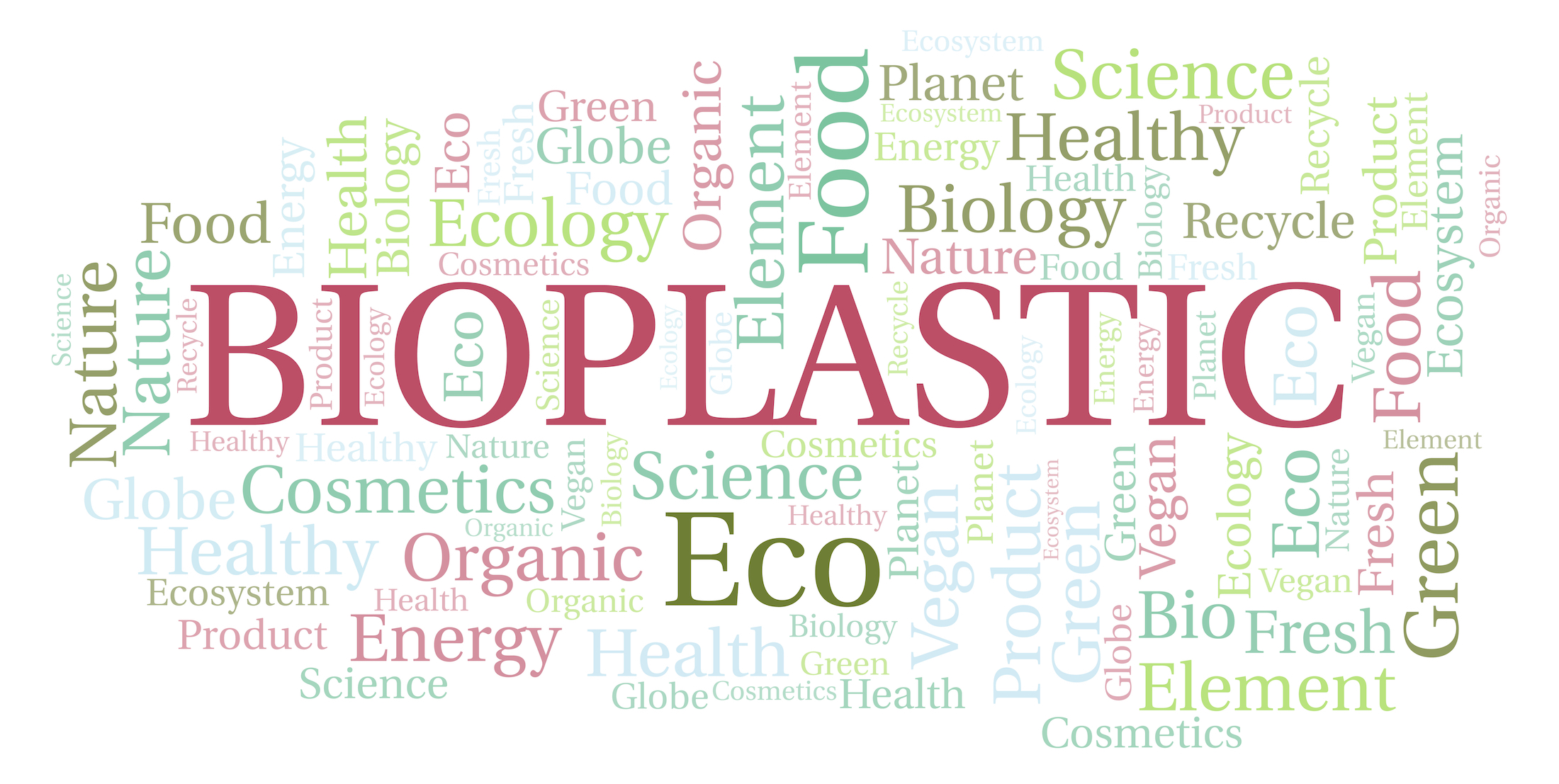About plastics . . . bio isn’t always as bio as you think

The plastic soup is a hot topic these days and has raised the point of moving away from fossil fuel-based plastics to biobased plastics. However, there exists some confusion between the source of the feedstock and the eventual behavior in the environment of the plastic.
To shed some light, we give some definitions of terminology that is often used within this context:
- A bioplastic is a plastic material that is either biobased, biodegradable, or features both properties
- A biodegradable plastic converts to water, CO2 and bio-mass over time with the help of micro-organisms
- A compostable plastic biodegrades within a set time and under defined environmental conditions (ref. Industrial standard EN13432 in Europe)
- Oxo-degradable plastics are conventional polymers to which chemicals are added to accelerate the oxidation and fragmentation of the material under the action of UV light or heat and oxygen
But how do they all connect? The table below kills some misconceptions:
| Biodegradable | does not imply | compostable |
| Biobased | does not imply | biodegradable |
| Biodegradable | does not imply | biobased |
| Oxodegradable | does not imply | biodegradable |
Biodegradable does not imply compostable
A biodegradable plastic can only be labeled as ‘compostable’ if it biodegrades within a predefined timespan in an industrial composting plant and as ‘home compostable’ if it biodegrades in a garden compost bin within a given timespan. So even compostable plastics may eventually only break down in an industrial composting plant at conditions that are not met in nature and could persist for decades in the natural environments.
Besides composting environments, specific standardized gradations of biodegradability exist for other natural environments like soil, (sweet) water and seawater.
Biobased does not imply biodegradable
While biobased plastics (e.g. biobased PET and PE) save fossil resources by using biomass which regenerates and provides the potential of carbon neutrality, they can eventually give rise to the same issues we are experiencing today with their fossil fuel-based counterparts (ref. the plastic soup). They will act in the same harmful way as their fossil fuel-based counterparts when they end up in the environment.
Biodegradable does not imply biobased
Fossil fuel-based plastics (e.g. PBAT) can be perfectly biodegradable and even compostable. This will depend on the application of specific polymer chemistry which will allow biodegradation.
Oxo-degradable does not imply biodegradable
Oxo-degradable plastics are neither biobased nor biodegradable but quickly fragment into microplastics and hence visually ‘disappear’. However, they don’t break down at the molecular or polymer level like biodegradable and compostable plastics. Because this approach creates microplastics, there is a trending demand towards a ban for oxo-degradable plastics.
It is important to at least be aware of the points listed above during discussions and decision making related to plastics on any level.
In summary, we can state that:
- Fossil fuel-based plastics are not synonymous to being bad for the environment
- Biobased (but non-compostable) plastics will not solve the issues we face today
- Almost all biodegradable (and compostable) plastics cannot be considered as a solution to the problem of littering
